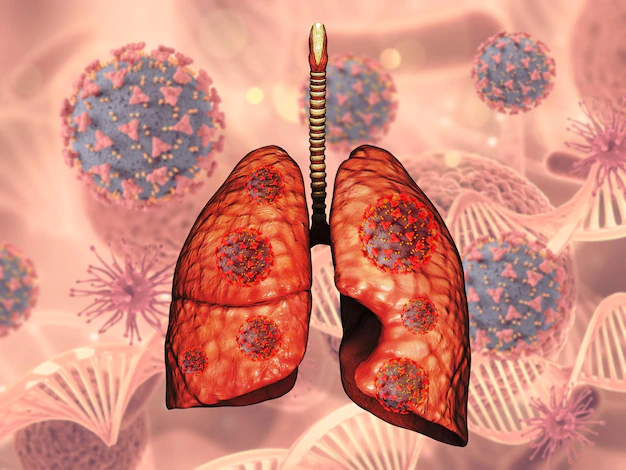Preventing Lung Cancer

Preventing lung cancer involves avoiding exposure to risk factors that can damage your lungs and increase your risk of developing lung cancer. Here are some steps you can take to reduce your risk:
- Don’t smoke: Smoking is the leading cause of lung cancer. If you smoke, quitting is the most important step you can take to reduce your risk. Talk to your healthcare provider about smoking cessation programs and products that can help you quit.
- Avoid secondhand smoke: Even if you don’t smoke, exposure to secondhand smoke can increase your risk of lung cancer. Avoid being around others who smoke, especially in enclosed spaces.
- Test your home for radon: Radon is a radioactive gas that can seep into homes from the soil. It is the second leading cause of lung cancer. Test your home for radon and take steps to reduce levels if necessary.
- Avoid exposure to carcinogens: Carcinogens are substances that can cause cancer. Avoid exposure to asbestos, diesel exhaust, and other chemicals and toxins that can damage your lungs and increase your risk of lung cancer.
- Exercise regularly: Regular exercise can help keep your lungs healthy and reduce your risk of lung cancer. Aim for at least 30 minutes of moderate-intensity exercise most days of the week.
- Eat a healthy diet: A healthy diet rich in fruits, vegetables, whole grains, and lean proteins can help keep your body healthy and reduce your risk of cancer.
- Get screened: If you are at high risk for lung cancer, talk to your healthcare provider about getting screened with a low-dose CT scan. Screening can detect lung cancer early when it is more treatable.
By taking these steps, you can help protect your lung health and reduce your risk of developing lung cancer. It’s important to talk to your healthcare provider if you have concerns about your lung health or if you have a history of smoking or exposure to lung cancer risk factors.
